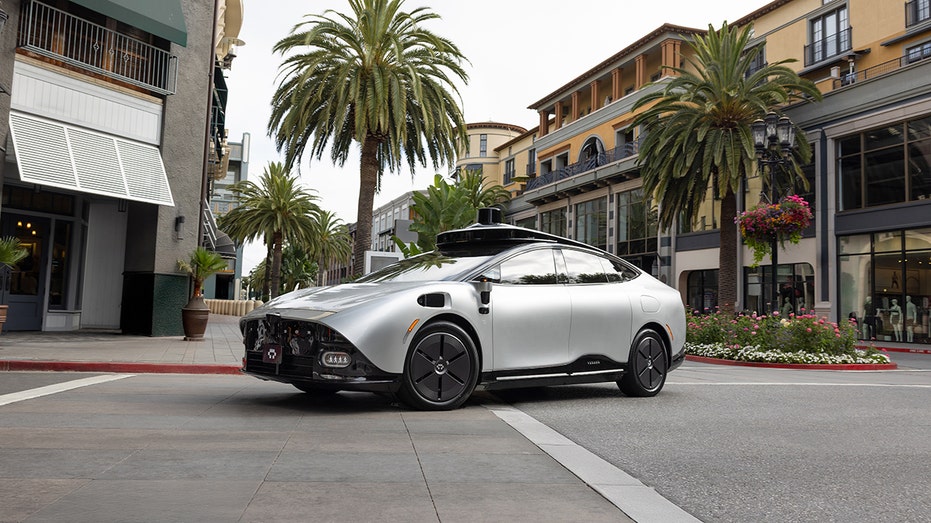Meet the World’s First Personal Robocar: Luxury, Autonomy, and the Future of Driving

Silicon Valley innovator Tensor is breaking new ground with a revolutionary approach to autonomous vehicles. Unlike many startups focused on deploying robotaxi fleets, Tensor aims to put the power of true self-driving cars into consumers’ hands. The company introduces what it claims to be the world’s first personal robocar—a luxury electric vehicle designed for individual ownership and advanced autonomy.
Advanced Autonomy and Cutting-Edge Design
This high-end EV boasts Level 4 autonomy, enabling fully autonomous driving in most conditions, with the driver able to relax or work while the car operates independently. The steering wheel folds away into the dashboard, replaced by a large screen that transforms the interior into a lounge or mobile office space. The vehicle’s interior emphasizes comfort and versatility, redefining what a car interior can offer.
State-of-the-Art Sensor Suite
Tensor’s robocar is equipped with an impressive array of sensors: 37 cameras, five custom lidars, 11 radars, microphones, ultrasonics, and water detection systems. Each sensor features built-in cleaning mechanisms to maintain clear visibility regardless of weather or road conditions. This comprehensive sensor suite ensures the vehicle can navigate complex environments safely and reliably.
AI-Driven Decision Making and Privacy
The vehicle’s brain is powered by Tensor’s proprietary Foundation Model, a transformer-based AI mimicking human driving decisions. Unlike many competitors that rely heavily on cloud processing, this system operates independently without constant internet support, enhancing user privacy and reducing latency. This approach aims to deliver a more secure and responsive autonomous driving experience.
From Fleets to Personal Ownership
While many autonomous startups initially target robotaxi services, Tensor is focusing on consumer vehicles that can handle highways, city streets, and diverse real-world conditions. Owners will retain the ability to take manual control at any time, providing a safety net during the transition period toward fully autonomous driving. This move marks a significant shift toward individual ownership of autonomous vehicles.
Safety and Redundancy Features
The robocar is designed with full redundancy across critical systems like steering, braking, and computing, ensuring that backup systems seamlessly take over if a primary system fails. The interior design emphasizes flexibility, with retractable pedals and foldable steering to maximize space and comfort. The vehicle is manufactured in partnership with VinFast, a Vietnamese automaker, with pricing expected to surpass that of luxury EVs such as the Lucid Air.
Implications for the Future of Personal Mobility
Tensor’s initiative signals a potential turning point in how consumers view autonomous driving—shifting from shared fleets to private ownership. If successful, this vehicle could fundamentally change daily commuting, vehicle ownership models, and perceptions of automotive safety and privacy. The company’s timeline aims for a consumer-ready robocar by 2026, challenging the industry to rethink the future of personal transportation.
Would you trust a car that drives itself, offering both luxury and autonomy? Share your thoughts with us at CyberGuy.com.




